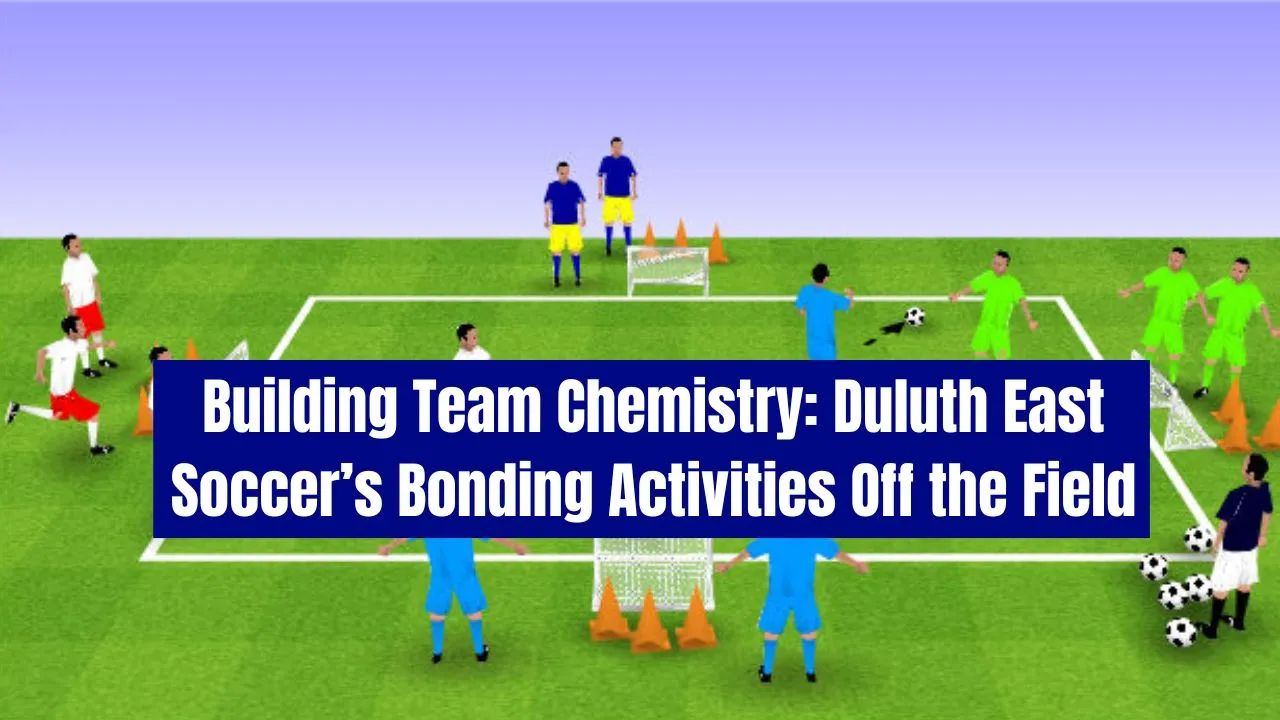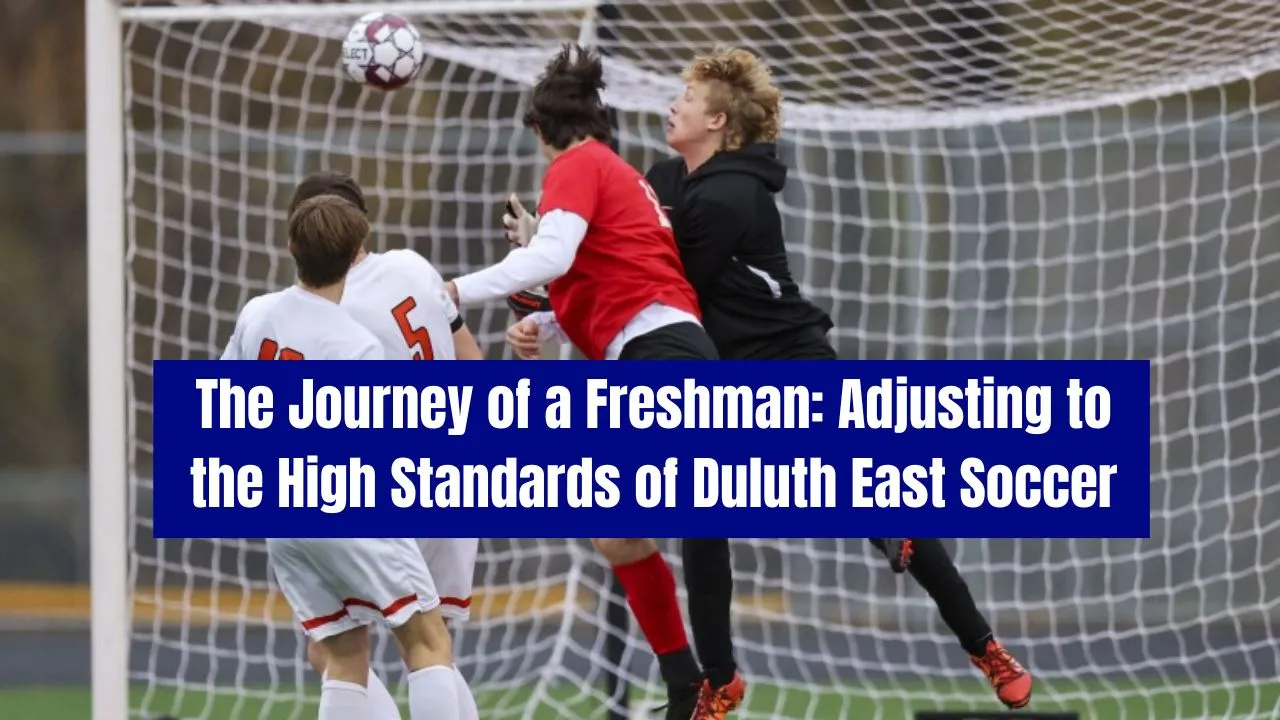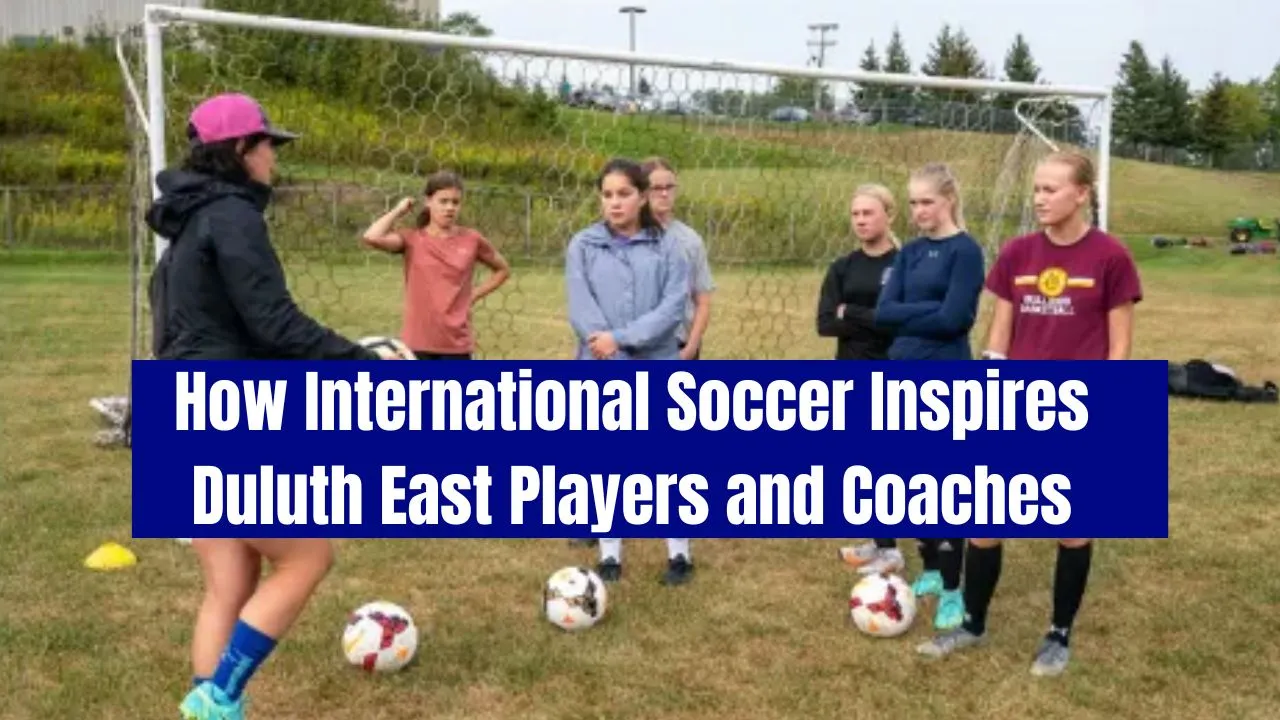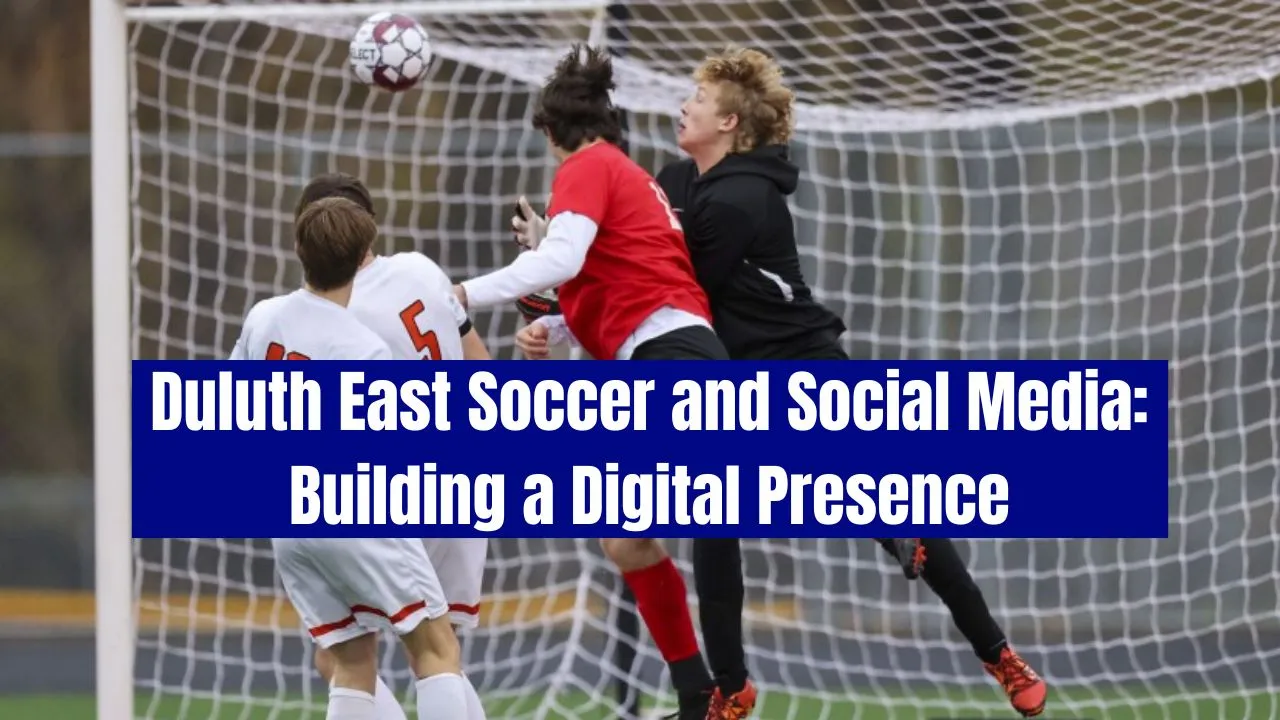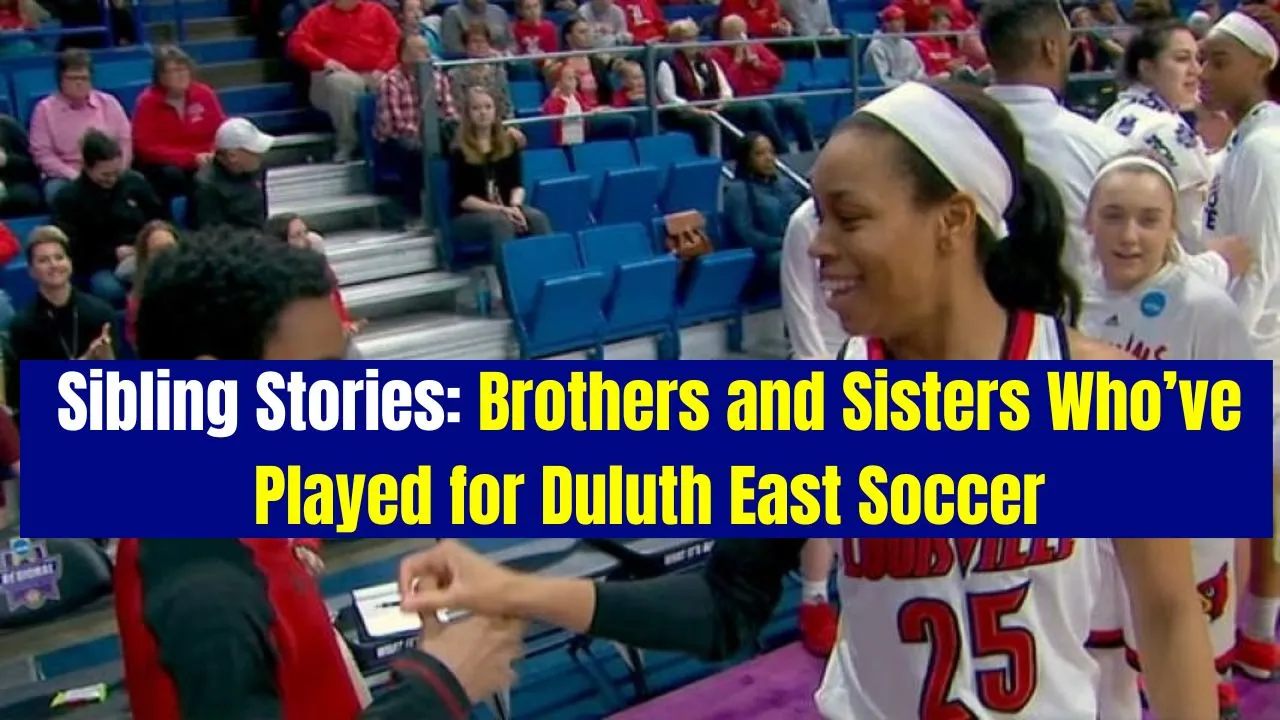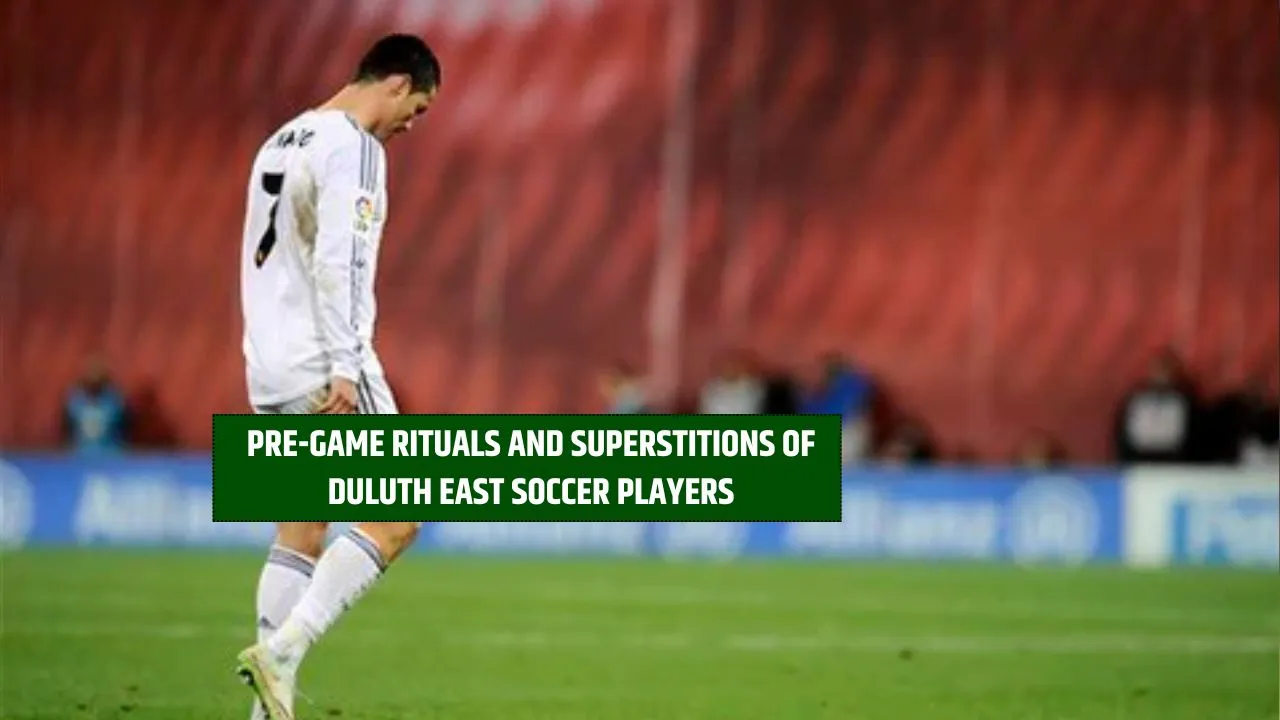Duluth East Soccer has become a standout example of how success in sports is about more than just drills and match strategies. While the team is known for its skill on the field, its real strength lies in the deep-rooted connection between its players—something cultivated far away from the scoreboard and sidelines.
This article dives into the unique off-field bonding activities that help Duluth East Soccer create a unified, focused, and motivated team. Through genuine shared experiences, the team has built a culture where everyone plays not just for victory, but for each other. We’ll explore how these moments contribute to player growth, trust, and long-term team success.
Building Team Chemistry with Duluth East Soccer
Duluth East Soccer doesn’t just train players—it builds relationships. With intentional off-field bonding, the program ensures every player feels valued, heard, and supported. These activities aren’t just for fun; they are critical tools for developing communication, trust, and leadership. From shared meals to group challenges, every interaction strengthens the connection that drives the team forward on game day. This focus on team bonding creates a lasting team culture where players are deeply invested in both their performance and each other.
Overview of Duluth East Soccer’s Off-Field Bonding Framework
| Bonding Element | Description | Purpose |
| Team Dinners | Weekly family-hosted meals | Builds personal connections and comfort |
| Outdoor Adventures | Hikes, beach games, camping | Promotes teamwork and trust |
| Leadership Circles | Guided group discussions | Encourages leadership and vulnerability |
| Gift Exchanges | Anonymous team games | Boosts morale and surprise joy |
| Movie Nights | Monthly viewing sessions | Offers relaxation and unity |
| Coach-Player Sessions | One-on-one conversations | Builds mutual respect and mentorship |
Why Team Bonding Matters
The importance of team bonding cannot be overstated, especially in youth soccer where emotional growth goes hand in hand with skill development. At Duluth East Soccer, coaches understand that players perform best when they feel connected to one another. That’s why they intentionally build time into the season for players to engage off the field. This leads to better communication during games, fewer conflicts, and a more resilient mindset.
Beyond strategy, a team that genuinely knows and trusts each other can read each other’s movements, anticipate plays, and offer support when things go wrong. That kind of synergy only develops through shared experiences, not drills alone.
Team Dinners that Build Unity
One of the most consistent and valued traditions within Duluth East Soccer is the weekly team dinner. These events are typically hosted by families of players, creating a cozy and welcoming environment where teammates gather to share a meal. Sitting around a table, players open up in ways that don’t happen in practice—joking, telling stories, and learning about each other beyond the uniform.
These dinners have become a crucial part of the team culture. They help break down social barriers, encourage younger players to feel included, and give the team a sense of identity that extends beyond the field. It’s also a time when leaders naturally emerge, guiding conversations, lifting spirits, and helping every player feel seen.
Outdoor Adventures for Team Spirit
Taking players out of their comfort zone is a powerful way to bring them closer. That’s why Duluth East Soccer often organizes outdoor activities like hiking trails, lakeside bonfires, and friendly matches of beach volleyball. These adventures aren’t just about recreation—they’re about problem-solving, working together, and learning to depend on each other in unfamiliar settings.
The physical challenge of a long hike or the fun of building a fire as a team mirrors what players experience during tough matches. Just like on the field, these activities require coordination, patience, and communication. And when those skills are sharpened off the field, they show up stronger on game day.
Leadership Circles for Better Communication
Every strong team needs leaders—but leadership isn’t just about being the loudest voice or scoring the most goals. At Duluth East Soccer, leadership is something every player learns. That’s why the program includes regular “Leadership Circles”—small group discussions where players talk openly about goals, setbacks, and team dynamics.
These circles are designed to build emotional intelligence, mutual respect, and accountability. They allow players to express concerns or ideas in a respectful space, and they encourage quieter voices to speak up. Over time, these sessions create an atmosphere of honesty and support, reinforcing team trust and unity.
Two Core Bonding Traditions
1. Secret Teammate Gift Exchange
At the start of each season, players draw names and participate in a surprise gift-giving tradition. Over several weeks, players leave small anonymous notes, snacks, or tokens of encouragement. This game fosters kindness, builds anticipation, and ensures that everyone receives thoughtful recognition. It’s a lighthearted but meaningful way to reinforce the idea that everyone on the team matters.
2. Team Movie Nights
Once or twice a month, the team gathers to watch movies—sometimes sports classics, sometimes pure comedy. These nights are more than just entertainment. They offer a shared experience that helps the team relax, laugh, and build friendships. Players often bring snacks, share inside jokes, and reflect on the lessons in the films, especially when related to sports leadership or perseverance.
Impact on Game Performance
The results of these bonding efforts are seen clearly on the field. Duluth East Soccer players are often praised for their fluid teamwork, vocal support during play, and strong defensive coordination. These aren’t just technical skills—they’re reflections of deep team chemistry built through trust and time spent together outside of practice.
During difficult games, it’s that emotional connection that pushes players to dig deeper. They run harder not just for the win, but for their teammates. The calm under pressure, the encouragement from the bench, and the ability to regroup quickly—these all come from the foundation built off the field.
How Parents and Coaches Support This Culture
A major reason why the bonding culture thrives at Duluth East Soccer is the support from both parents and coaches. Families volunteer time and resources to host events, organize meals, and cheer players on. Coaches go beyond drills, often joining in discussions and helping players navigate both personal and athletic growth.
This shared effort builds a complete environment of care and accountability. When adults model the values of teamwork and respect, players are more likely to internalize and reflect those values. That’s how a program turns into a community.
Benefits Beyond Soccer
The real magic of Duluth East Soccer’s approach is that its impact doesn’t stop when the season ends. Players carry these relationships and values with them into school, jobs, and other areas of life. They learn how to collaborate, lead, listen, and commit—skills that benefit them far beyond sports.
Whether a player continues in competitive soccer or not, the life lessons learned through this program leave a lasting mark. The confidence gained, the friendships made, and the sense of belonging become part of their identity for years to come.
FAQs
Why does Duluth East Soccer focus on off-field bonding?
Because strong team chemistry improves both performance and player experience. Off-field activities help players trust and support each other.
How are bonding activities chosen?
They’re based on player input, traditions, and what promotes leadership, trust, and fun—like hikes, dinners, and group games.
Do these activities take time away from training?
No. They are scheduled outside of practice times and designed to support the mental and emotional side of development.
What role do parents play in team bonding?
Parents help organize and host activities, creating a supportive community around the players.
Are younger or new players included in these activities?
Yes. All players are encouraged to participate. Bonding is especially important for helping new team members feel included.
Conclusion
Duluth East Soccer proves that what happens off the field is just as important as what happens on it. Through intentional bonding, players don’t just grow as athletes—they grow as people. This culture of connection, support, and leadership creates a team that’s resilient, motivated, and truly united. It’s a reminder that sports, at their best, are about more than winning—they’re about belonging.
If you’re involved in youth sports, take a page from Duluth East Soccer. Prioritize bonding. Build trust. And watch your team transform into something truly special.
